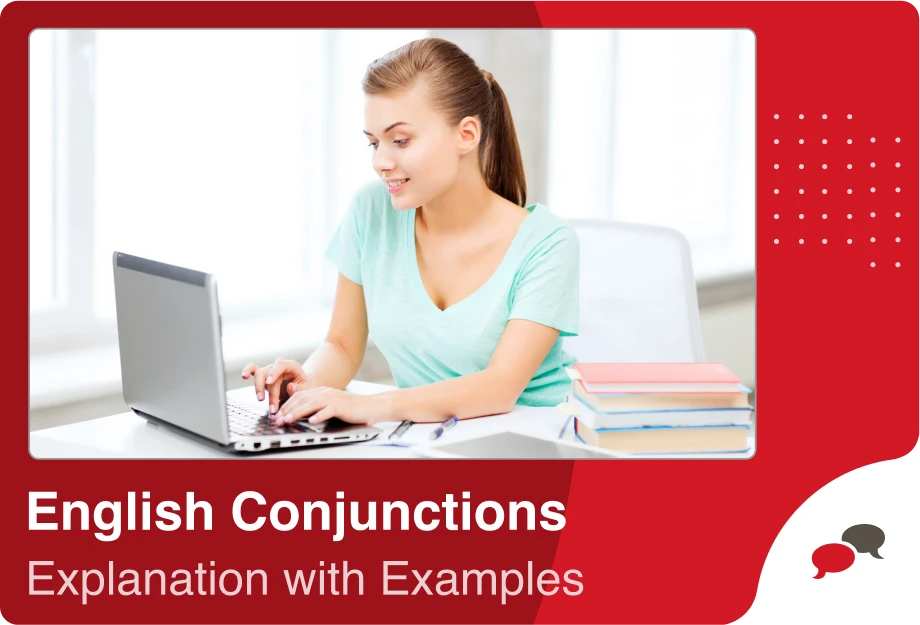Are you interested in enhancing your spoken English skills and sounding more like a native speaker? If so, incorporating reductions into your speech is crucial! Reductions are informal words or phrases, such as “gonna,” that are commonly used in various forms of media and casual conversations among native English speakers. By utilizing reductions, you can better emulate the natural flow and rhythm of spoken English, ultimately enhancing your language proficiency and fluency.
Having a good understanding of reductions can significantly improve your ability to comprehend English. It is important to be aware of how certain words or phrases are shortened in casual conversation, as this can impact how effectively you interpret and understand spoken and written language. By familiarizing yourself with reductions, you can enhance your overall comprehension skills and become more proficient in communicating in English.
In order to enhance your English conversational skills, it is highly recommended to incorporate these eleven commonly used reductions. It is important to note that these reductions are exclusively utilized in spoken English and are not typically employed in written form. By adopting these reductions, you can effectively convey your thoughts and ideas with ease, while also sounding more natural and fluent in your speech. So, without further ado, let’s delve into these reductions and explore how they can be integrated into your next English conversation.
What Is A Reduction?
In spoken language, the concept of reduction refers to the act of shortening or simplifying words or phrases, a common occurrence in informal conversations. This natural linguistic phenomenon seamlessly integrates into casual everyday talk, enhancing its flow and pace.
Reductions involve a range of changes in pronunciation, from omitting certain sounds or syllables to using colloquial contractions. These alterations expedite communication while adding a sense of informality and familiarity to the dialogue.
Reductions are widespread in everyday speech, as seen in common expressions like “gonna” instead of “going to,” “wanna” for “want to,” or “gimme” replacing “give me.” They demonstrate how language adjusts and evolves to adapt to the subtleties of spoken interaction.
Informal English Reductions
Informal English reductions are when we shorten words and phrases to make talking easier and more friendly. We do this by leaving out some sounds or using slang words. For example, instead of saying “going to,” we say “gonna,” and instead of saying “want to,” we say “wanna.” These reductions help us talk faster and feel closer to each other. They also show how language changes over time because of new technology and different generations. Understanding and using these reductions can make communication more fun and interesting. Here are some examples of informal reductions: gonna (going to), wanna (want to), and gimme (give me).
1. gonna (going to)
I’m gonna grab some food before the movie starts.
I’m gonna go to the store later to pick up some groceries.
She’s gonna call you as soon as she finishes her meeting.
They’re gonna visit their grandparents next weekend.
He’s gonna start a new job next month.
2. wanna (want to)
Do you wanna come over for tonight?
I wanna eat some pizza for dinner tonight.
She wanna go to the beach this weekend if the weather is nice.
They wanna watch a movie after dinner.
He doesn’t wanna go to the party because he’s tired.
3. gotta (got to)
Sorry, I gotta leave early for an appointment.
I gotta finish this report before the end of the day.
She’s gotta catch her flight in the morning.
They gotta study for the exam tomorrow.
He’s gotta be home early.
4. kinda (kind of)
It’s kinda hard to explain, but I’ll try my best.
I’m kinda tired after the long walk.
She’s kinda shy around new people.
They’re kinda interested in trying out the new restaurant.
He’s kinda upset about losing the game.
5. sorta (sort of)
He’s sorta shy around new people.
I’m sorta busy right now, but I can talk in a few minutes.
She’s sorta unsure about which movie to watch tonight.
They’re sorta interested in learning how to cook.
He’s sorta tired after working all day.
6. dunno (don’t know)
I dunno where I left my keys
I dunno where I put my keys.
She dunno if she can come to the party tonight.
They dunno what time the concert starts.
He dunno how to fix the computer problem.
7. gimme (give me)
Can you gimme a hand with these bags?
Gimme a minute to finish this task.
Hey, gimme that pen, please.
Can you gimme a hand with these groceries?
Gimme your opinion on this idea.
8. lemme (let me)
Lemme know if you need any help with your homework.
Lemme call her first..
Lemme take a quick break before we continue working.
Hey, lemme borrow your phone for a second.
Lemme check my schedule before I commit to anything.
9. coulda (could have)
I coulda sworn I left my phone on the table
I coulda sworn I left my keys on the table.
She coulda finished the project earlier if she had more time.
They coulda won the game if they had scored in the final minutes.
He coulda been a doctor if he had pursued medicine instead of engineering.
10. shoulda (should have)
You shoulda told me earlier about the meeting
I shoulda called you before coming over.
She shoulda studied more for the exam.
They shoulda listened to the weather forecast before planning the picnic.
He shoulda apologized for his mistake.
11. woulda (would have)
I woulda helped you if you had asked.
I woulda come to you before.
She woulda come to the party if she hadn’t been sick.
They woulda won the match if they had trained harder.
He woulda finished his homework if he hadn’t been so distracted.
12. gonna (going to)
She’s gonna be late if she doesn’t leave now.
I’m gonna go to the gym after work.
She’s gonna meet her friends for lunch tomorrow.
They’re gonna watch a movie tonight.
He’s gonna start his new job next month.
Frequently Asked Questions English Reductions
What kinds of words most frequently occur in a reduced form in natural speech?
Reduced forms are commonly observed in informal speech and involve unstressed vowels, omitted sounds, and other changes to the full form of words, such as assimilation, contraction, and blending.
Why do we use reduction in English?
These reductions of syllables assist in pronouncing the word in a smoother and more natural manner.
What is a common English reduction?
The word “wanna” is a common English reduction of the phase “want to”.
What is the vocabulary of reduction?
Vowel reduction in phonetics refers to changes in the sound of vowels due to factors such as stress, length, and position within a word.
Would you like to put what you have learned into practice? You can access everything you need to learn English on a single platform! With 25-minute one-on-one live English lessons, 40-minute group lessons, more than 30,000 interactive videos, vocabulary learning tools, AI-supported tutor MiMi, quizzes, and interactive activities, EnglishCentral offers its users a personalized and quality education plan at an affordable price. How about registering for EnglishCentral now and starting to learn English?











